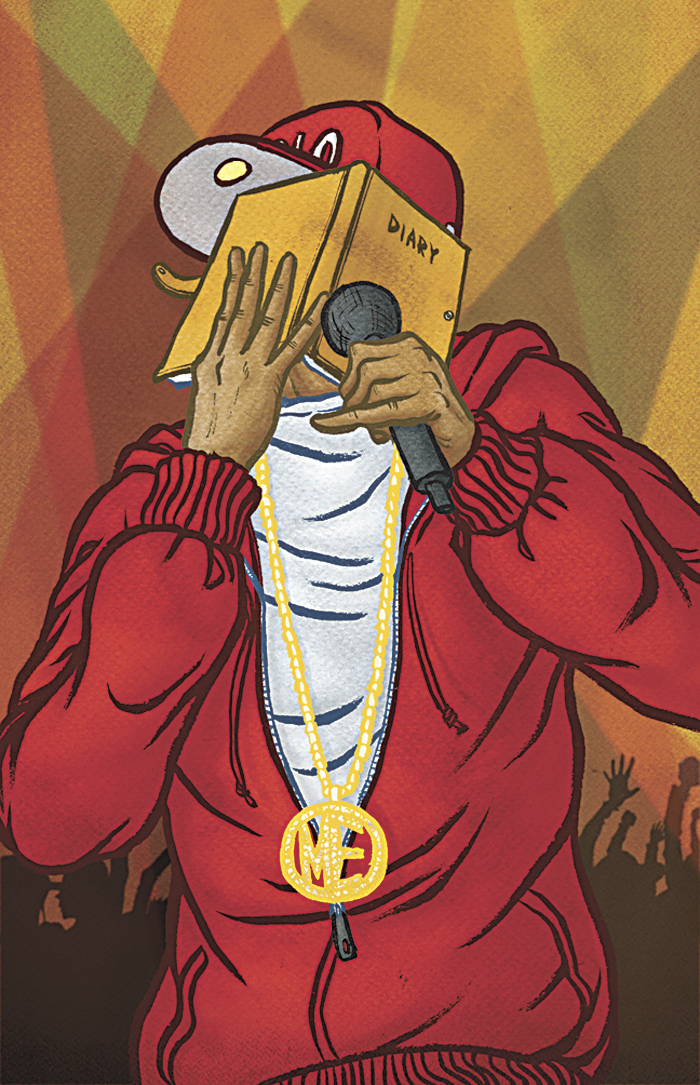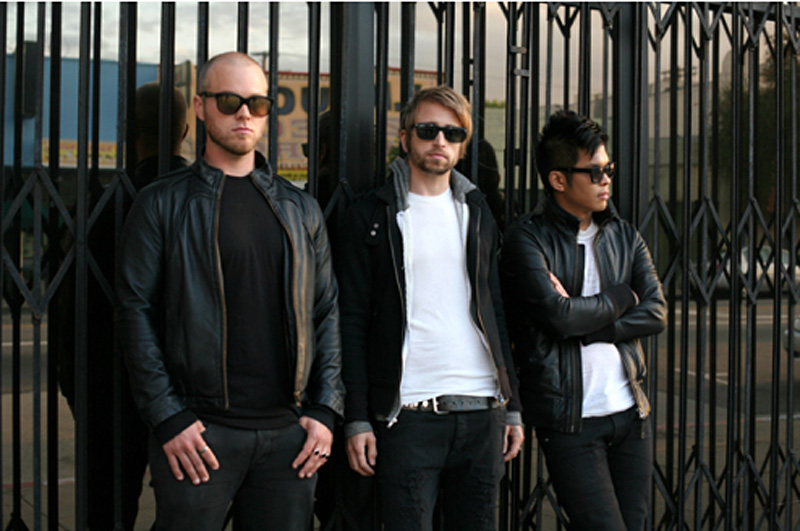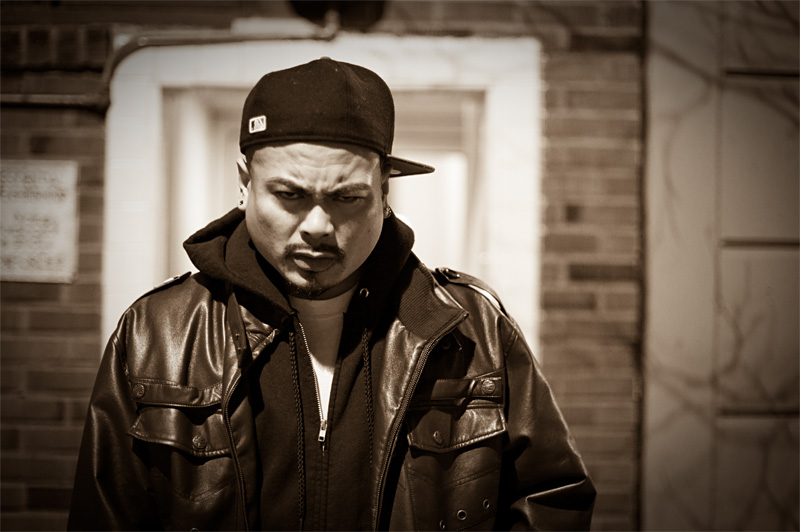The work of certain MCs pulses so thoroughly with the personal that we hear their heartbeat in every rhyme, as if their words and their life-source had achieved symbiosis. Tupac’s legend is in part based on the painful description of his past and the cracked L.A. pavement over which it stalked and, ultimately, destroyed him. Nas, another legend, conjures up images of the mean streets of Queens, going over their intricacies in vivid detail in a quest for understanding.
A more contemporary example is Brother Ali, who pounds at the detritus of his life (tuna-can poverty, rough-and-tumble relationships) like a sledgehammer. Kanye West debuted with “Through the Wire,” a song about a violent car crash that shattered his jaw, and has continued plumbing the personal on his latest disc, 808s & Heartbreak. Indeed, it cuts so close to the bone that West wrapped himself in an Auto-Tune cocoon, as if attempting to shield himself via digitization from the tough stuff.
Seattle hip-hop has its confessors, too, and it was never more apparent than in 2008. Several locally based MCs are attracted to making music that their listeners can both nod their heads to and identify with. It’s about developing a bond between artist and audience through shared experience—about lowering the center of a song’s gravity, and in turn that of the performer. One such priest of the personal, Grynch, explains the effect this way: “When you can actually make something that someone can relate to, that’s gonna open up a whole other spectrum. It’s the best way to connect with people.”
It’s a method Grynch is using more and more. Indeed, when I reached him by phone, he was writing a song titled “A Dream Un-deferred,” named after the Langston Hughes poem “A Dream Deferred” about the consequences of dashed hopes. Grynch describes his version as the story of his life in the hip-hop game thus far, a theme he also visits on “I’m a Dreamer,” off his latest EP, Something More. He raps directly to the listener in the latter, explicitly aiming for that all-important connection: “You can hate me, you can love me, ya’ll/But I’m just like you, hoping the good will happen to me, dawg.”
Brothers Burn One and JoshuaJ, who together form Life Cycle, not only find in their songs a way to reach out and touch a stranger, but also a way to grapple with their difficult childhood—music-making as coping method. “Grandma’s Hands” most clearly embodies this tack for JoshuaJ, who wrote the song about leaving the home of his abusive father to go live with his grandmother only after much internal deliberation.
“I remember playing it for my mom for the first time,” he says of the cut from the album City of Rust. “I just lost it. I hadn’t really talked to my mom about any of this stuff for a long time. It was kinda like therapy.”
As a general proposition, the potential for ridicule looms large in the competition-fuelled world of hip-hop. But it’s not something Burn One thought about when writing tracks that leave the potential for vulnerability, such as “Willow Weep,” which focuses on damaged friendships. He says, “People are gonna judge you regardless.”
That’s because there’s a false bravado that permeates much of hip-hop, says Wizdom, an MC well known for his fearless dissection of the self. It’s a genre that hinges on “being better than the other person. You feel like you have something to prove. So a lot of people put up fronts.”
Wiz avoids fronts in favor of confessions on “Just a Person (Insecurities),” from his first album, Book of Wizdom. On the track, he examines his bulging belly and fear of the dark. But his heartfelt side often gives way to his brutally honest side on his sophomore disc Music: Soul of the Man, especially on “You Can’t Win,” which describes his desire for the perks of fame and money. Says Wiz: “Just because I rap about positive things doesn’t mean that I don’t want to talk about sex, drugs, and rock and roll.”
Although Grynch, Life Cycle, and Wizdom are hardly alone in the Seattle scene in exorcising their demons and tracking their beliefs through biography, their direct, hard-hitting approach does stand apart from more fun-loving spitters, such as Dyme Def and the Saturday Knights, as well as those operating with more enigmatic flair, such as Grayskul and Rudy & the Rhetoric. But in the end, everything in the hip-hop gladiator ring is personal—someone will always challenge you to back up what you say.







